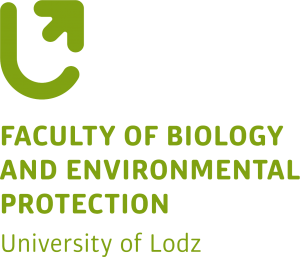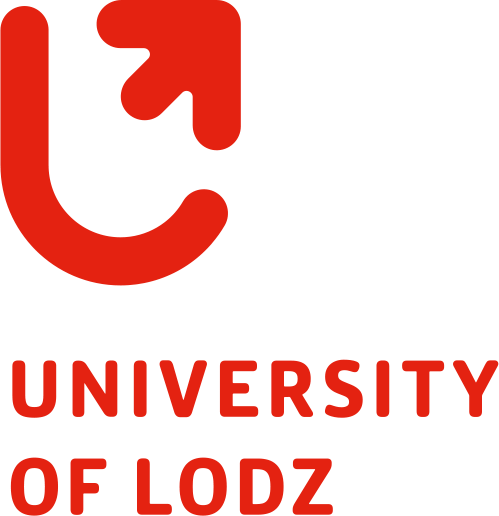
|
The University of Lodz is one of the largest Polish universities with more than 38,000 students and almost 4,000 personnel across 12 faculties and several interdisciplinary units.
The Faculty of Biology and Environmental Protection of The University of Lodz (Project Leader) is the largest biological faculty in Poland. It has the greatest potential of all the faculties of biological science in Poland, and is a scientific Category A establishment (meaning that it operates at a very good level of scientific activity). The intellectual potential of the research teams, laboratory and field equipment of its chairs and centres, as well as the methodical achievements of its staff, enable the Faculty to conduct scientific research at various levels of the organization of organic and inorganic matter. Experts from the Faculty are experts in various biological threats, and often work with law enforcements institutions on various CBRN initiatives. The Faculty of Biology and Environmental Protection operates modern laboratory equipment that can analyse pathogens, including through genetic and biochemical means.
Webpages: Contact:
|
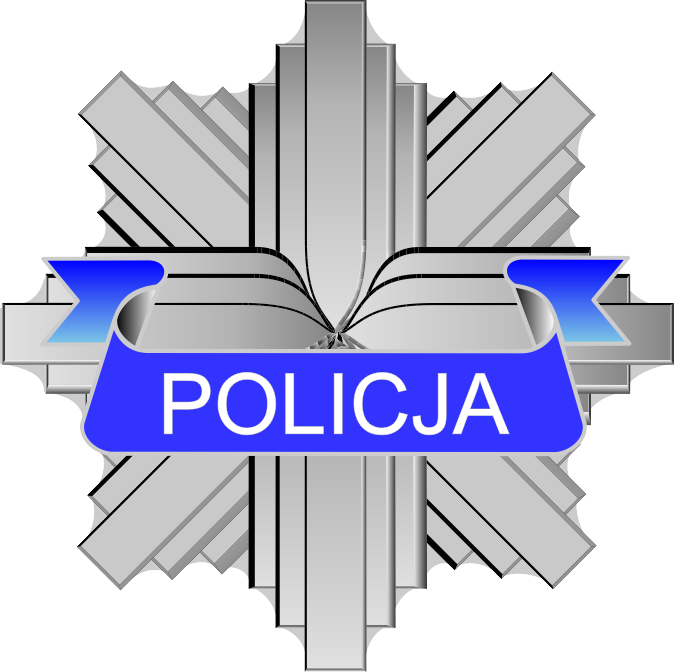 |
The Polish Police is the uniformed, armed force serving Polish society. Its mandate is to maintain the security of the people and preserve public order. The different departments within the Polish Police force handle various different aspects of law enforcement: criminal, preventive, investigational, aviation, organisational, logistical and technological. The Police also feed the court system in Poland. In the context of CBRN, the Police is a significant element of the national system of identifying, counteracting and responding to terrorist acts. As such, they also comprise units whose remit covers various activities beyond simple maintenance of public order, including:
At the strategic and operational levels, there are Polish Police representatives on national and international bodies dealing with the analysis and exchange of information on the threat of terrorist and extremist crimes. In the international context, these bodies mainly include Interpol, Europol, and the Working Group on Terrorism operating within the 3rd Pillar of the EU. At the national level we should mention the Inter-ministerial Team for Terrorist Threats, which has been operating since 2006, and in which the Polish Police is represented by the Police Commander-in-Chief. But regular Police officers have also been working since 2008 in the Anti-Terrorist Centre of the Internal Security Agency. The Antiterrorist Operations Bureau, National Police Headquarters, Poland (BOA) is the central antiterrorist unit in Poland. BOA’s main task is combating terrorism, as well as organizing, coordinating and supervising Police activities in this regard.
Webpage: Contact:
|
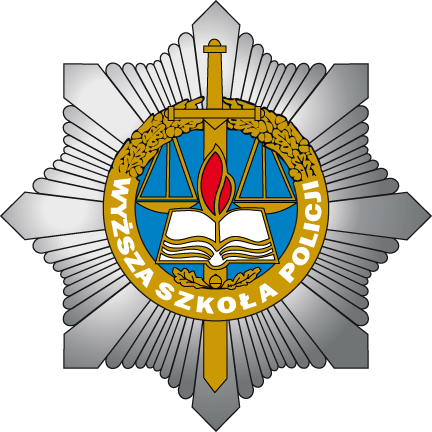 |
The Police Academy in Szczytno is part of the Polish police education system. It plays a significant role in training the police executive and commanding staff. The Academy is headed by the Commandant-Rector, who has a representative function and who directly supervises such administrative units as the Rector’s Office, Personnel Department, Control Unit and Legal Assistance Unit. The Police Academy offers two fields of studies run by the Department of Administration, and the Department of Internal Security, both of which are headed by a Dean. The Academy has a 60-year history of teaching law enforcement officers in Poland, and is the only Polish educational institution that trains the police executive and high-ranking commissioned-officers. The Police Academy in Szczytno is highly regarded as a police training centre, both in Poland and abroad.As the only police school in Poland, since 2003 it has been a member of The Association of European Police Colleges (AEPC) and has been actively involved in numerous undertakings as part of the College of European Police (CEPOL). The Academy is also part of the European Police Learning Net (EPLN).
Webpage: Contact: Magdalena Maćkowska magda.mackowska@wspol.edu.pl
|
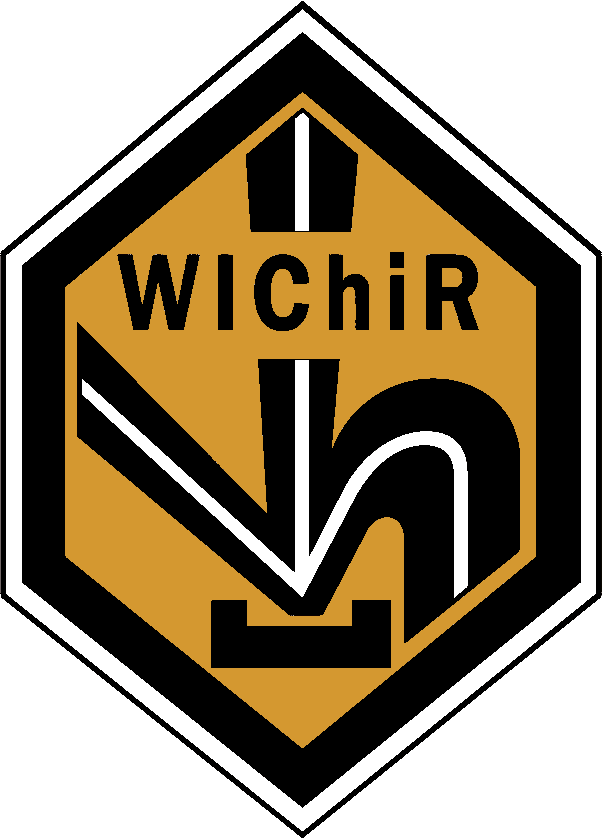 |
The Military Institute of Chemistry and Radiometry is a Scientific and Research Centre of the Polish Ministry of National Defence, established in 1954. The main scope of its work is scientific research and development projects, and studies in the field of NBC (Nuclear, Biological, Chemical) defence equipment and systems, as well as verification of chemical disarmament processes. The Institute is authorized to issue expertise and opinions as well as certificates for products and technologies falling within their remit, and to carry out equipment testing and personnel training. For scientific-research and implementation purposes, the MICR uses a quality system in accordance with ISO 9001 and NATO standardization documents – the AQAP 2110.The Institute consists of three departments, each responsible for the following research and development works:
Other important parts of the Institute are its testing and calibration laboratories, as well as the Product Certification Body, which is accredited by the Polish Accreditation Centre. The following MICR laboratories are also accredited:
The Institute has been appointed by the Minister of Science’s Centre for Advanced Technology to coordinate ‘The Man, Environment, Anti-terrorism, Protection Against Contamination’ programme.
Webpage: Contact:
|
 |
The General Karol Kaczkowski Military Institute of Hygiene and Epidemiology is a state-run body (research institute) of the Polish Ministry of National Defence. Its unique mission is scientific research and detection/identification of agents in terms of CBRN threats. The Biological Threat Identification and Countermeasure Centre of the MIHE, detachment in Puławy with Containment Level 2 and 3 laboratories, is orientated to ward biological threats. As a unique national asset, it serves as a reference bio lab for the Polish Armed Forces (PAF) (listed under NATO AEP-10), and as a biological sampling/identification training facility for civilian and military entities.
Webpages: Contact:
|
| |
The International Security and Emergency Management Institute is a non-profit organisation registered within the Ministry of Interior of the Slovak Republic. Since 1995, the founder and his team have been personally involved in many projects and consulting services in the area of internal security and emergency management, as individual experts. Together, they have recognised many open issues in this area and have identified many gaps that need to be filled.
Webpage: Contact:
|

